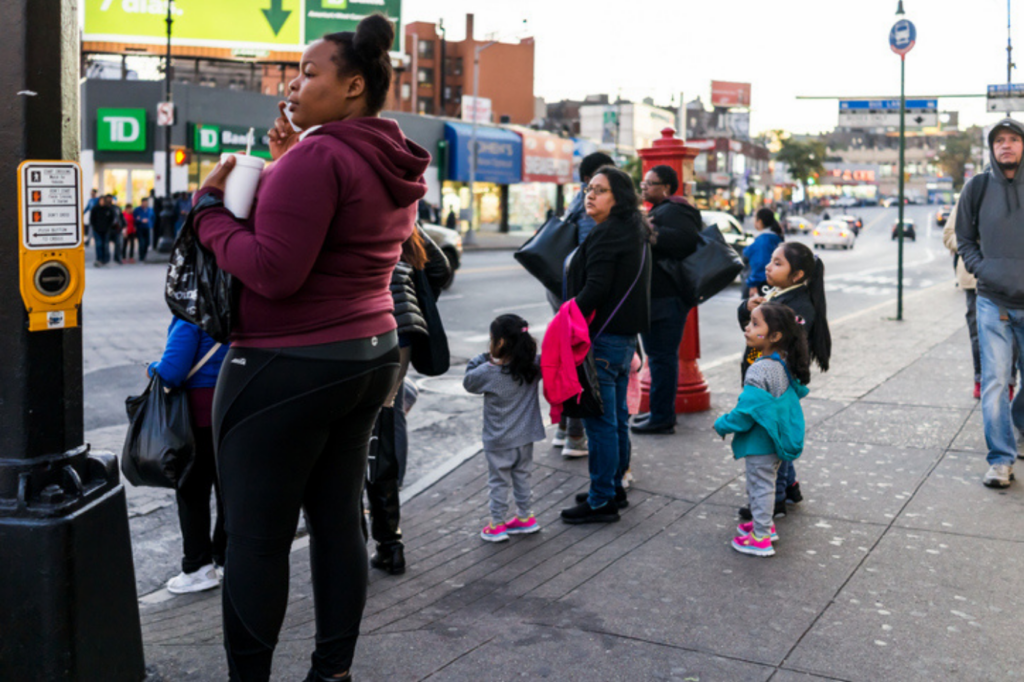Sonja Diaz, founding director of the UCLA Latino Policy and Politics Institute issued the following statement in response to today’s release of the Census 2020 Redistricting Data:
“Today’s release of the Census 2020 Redistricting Data makes it very clear that it’s time for new political boundaries that allow communities to elect representatives that look like the constituents they serve.
“An early analysis of the data shows that the Latino population has grown by over 11.6 million people since 2010, with positive growth in large states like Florida and Texas, as well as states across the midwest and south. These are communities that deserve to have more leaders who look like them in elected office, and as redistricting discussions and map redrawing processes begin to take place across the nation, we must stay vigilant and ensure that the voting power of underrepresented communities is not diluted. It is on the backs of growing and youthful communities of color that states like Texas, Colorado, Florida, and North Carolina are receiving increased representation in the U.S. House of Representatives.
“The UCLA Latino Policy and Politics Institute’s marquee advocacy program, the UCLA Voting Rights Project, will be monitoring how states draw congressional and legislative districts to comply with the Voting Rights Act in jurisdictions that are home to the nation’s diverse Latino communities. The ability of Latinos and other communities of color to elect their candidates of choice is predicated on the 2021 redistricting cycle. With the growth and influence of non-white voters, the 2022 Midterm Elections will be the first test of whether policymakers are truly committed to an inclusive democracy.”
For more information on the redistricting process, please read UCLA Voting Right Project’s series explaining the Census 2020 Redistricting Data.

